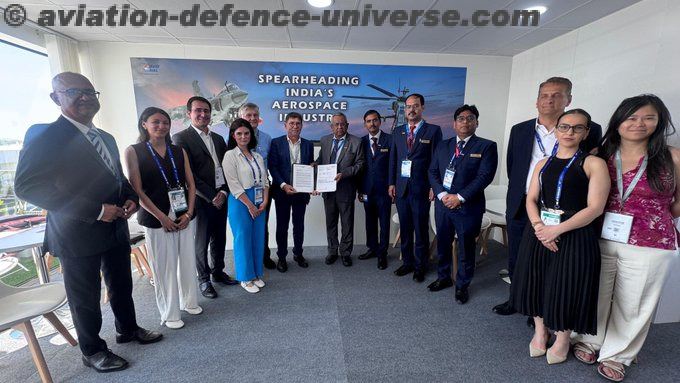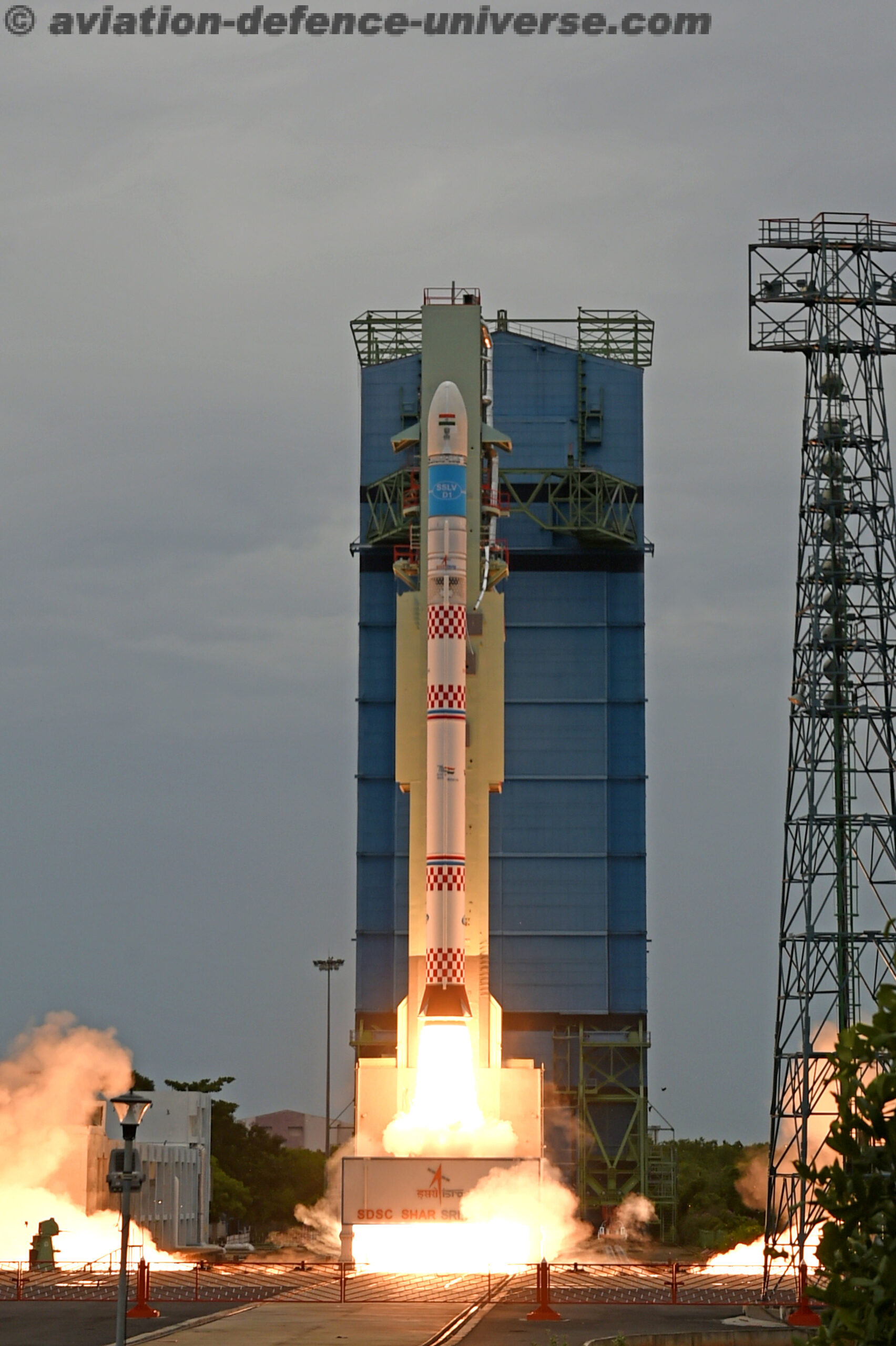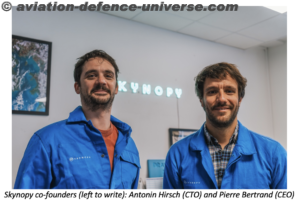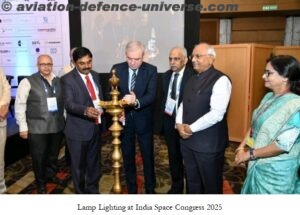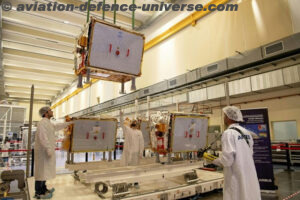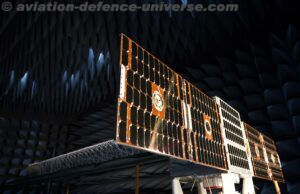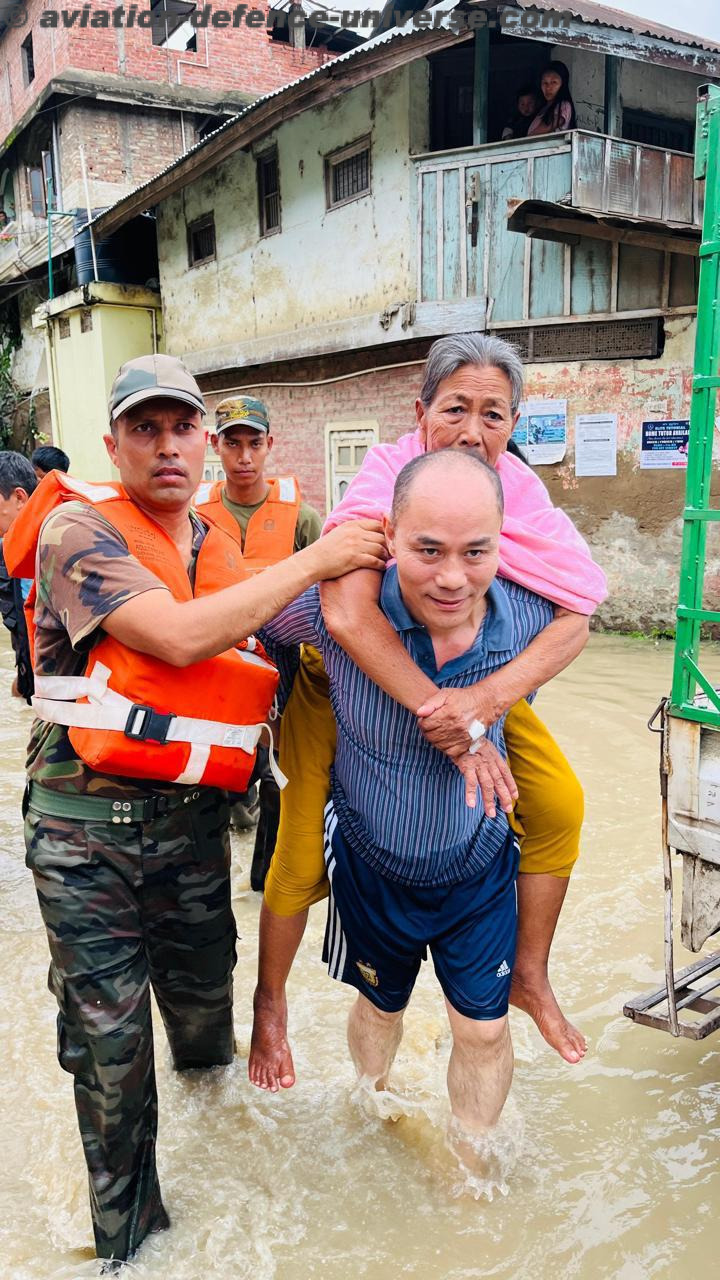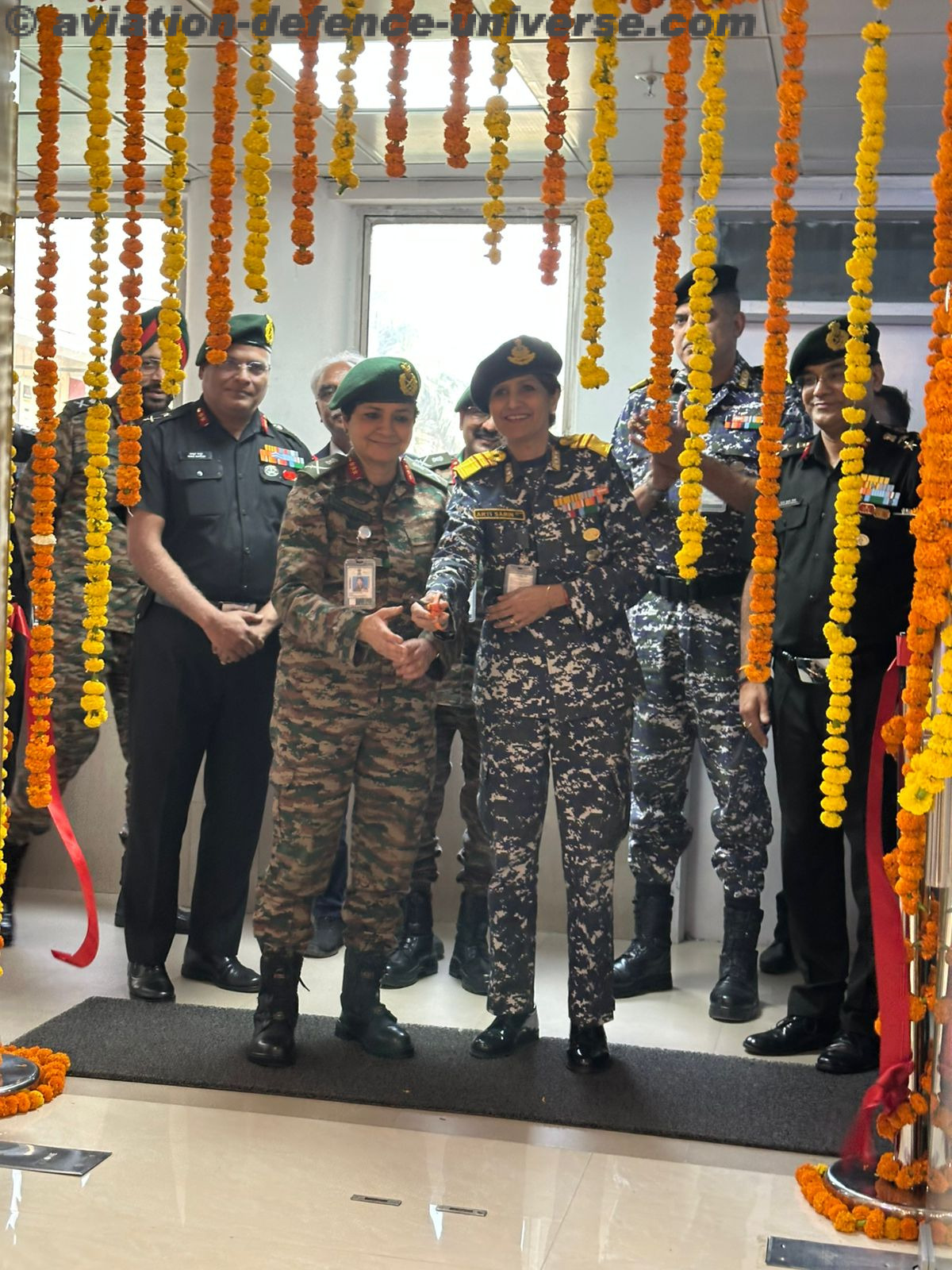Paris. 19 December 2023. The European Space Agency, in collaboration with its partners – GeoVille, CloudFerro, CS Group Romania, CS Group France, and DLR – has unveiled the DUNIA project aiming to enhance Earth Observation Data accessibility for African nations. This endeavour reinforces the dedication to aid the digital evolution in line with the African Union’s 2063 Agenda. It is expected that DUNIA will support research in agriculture, urbanization, climate change, and resource management by providing cloud services integrated with the main Copernicus Programme data repository.
“Our involvement in the DUNIA project fills us with immense pride, given its pivotal role in advancing Africa’s development, encompassing not just the environmental and economic spheres but also the social dimension. We support this initiative with our technological platforms and resources as we draw from our expertise in the European Earth observation Copernicus Programme. The project does pose challenges, particularly in the African regions where internet connectivity is a real constraint. We are confident that DUNIA, along with the access to satellite data from the Copernicus Programme, will bring new opportunities to African nations”
– explains Marcin Białecki, EO Product Manager at CloudFerro.














